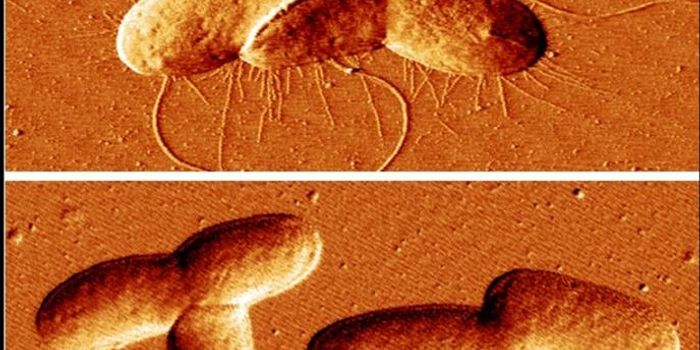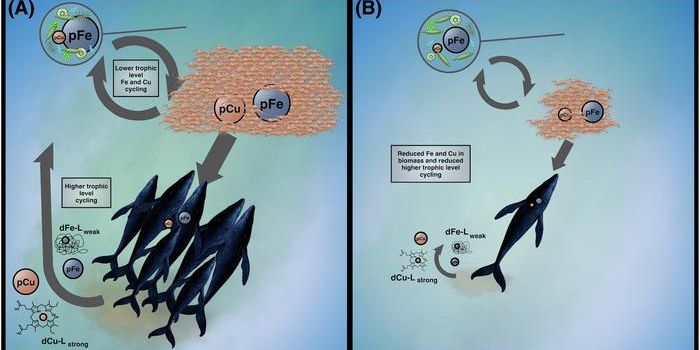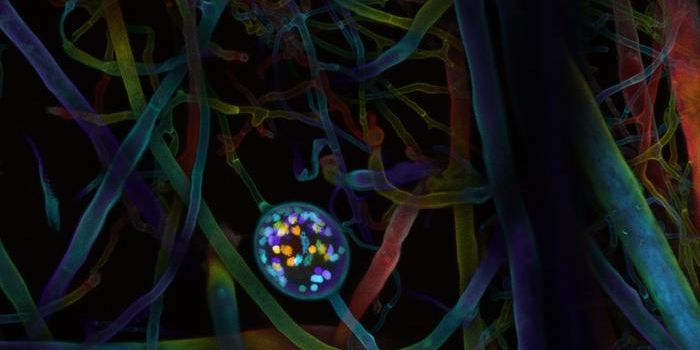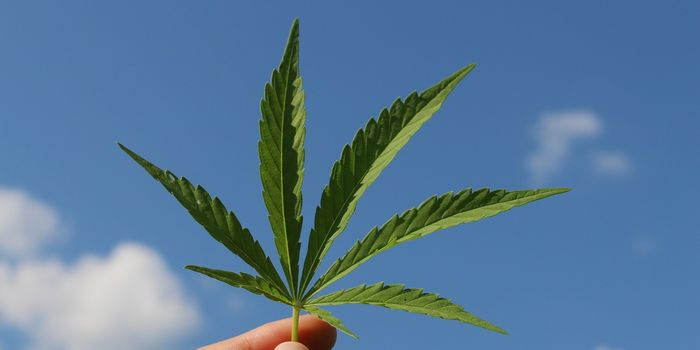Plants Must Adapt to Heat Stress Quickly to Avoid Damage
Climate change is a major concern for environmentalists; so they try to protect wildlife from succumbing to its effects. Both plants and animals alike are vulnerable to climate change, but animals can get up and move to a more comfortable location, whereas plants cannot.
Image Credit: wiol5/Pixabay
Climate change doesn’t just make the surrounding environment hotter; it also makes water scarcer. These unfavorable conditions create the perfect storm for heat-driven stress that makes survival more difficult for plants, both during and following a wave of intense heat.
Given the circumstances, plants are forced to adapt to the temperature changes on the spot. If they don't, their growth and reproductive functions can be severely impaired, or worse, they don't survive.
In a study performed to learn more about how plants cope with a warming environment, molecular biologist Elizabeth Vierling from the University of Massachusetts Amherst, with the help of international colleagues from both China and India, took a closer look at the mechanisms plants benefit from to cope with heat stress recovery.
Their findings, which are now published in the journal The Plant Cell, reveal that plants are forced to kick protein development into overdrive. Moreover, these proteins need to be produced very quickly to be effective at fighting heat stress in any way.
“One of our most interesting findings is the fact that stressed plants not only need to produce new proteins to survive the stress, they need to make them right away,” Vierling explained in a public statement.
“We found that a delay of even six hours of new protein translation will inhibit optimal growth and reproduction. The plants might not outright die, but they are severely impaired without the rapid synthesis of these new proteins.”
Related: Does climate change cause animals to shrink?
Although plants don't appear to undergo any changes with the naked eye, a closer examination reveals what happens inside the plant at the cellular level that isn't immediately apparent.
“When confronted with stressful environmental conditions, you may not see any changes, but in order to survive plants are busily responding, often by synthesizing new proteins in a process called translation, Vierling continued.”
Vierling and her colleagues used both biochemical and advanced gene-sequencing techniques to study how gene expression and protein production changed in wild Arabidopsis plants. Their focus was to learn what proteins plants produce following exposure to heat-driven stress and to learn about their roles.
They studied both plants that can adapt their protein production to deal with heat stress and mutant plants that are incapable of such abilities. Their findings revealed that the gene eIF5B is especially busy under these circumstances.
For what it’s worth, eIF5B is already well-documented in a whole host of living organisms, including humans, but the research revealed that it might carry out a previously-unknown role.
“Through studies in Arabidopsis of a temperature-sensitive allele of eIF5B1 (hot3-1), we demonstrate that restoring translation immediately following heat stress is critical to stress recovery,”
“In addition, translational profiling of a more severe allele (hot3-2) under optimal growth temperatures demonstrates that eIF5B1 is essential for normal growth and development in plants and further suggests that eIF5B may differentially affect translation of specific mRNAs.”
In future studies, researchers may try to manipulate this role to help plants recover more quickly following intense heat waves. It’s a long shot, but in the end, the benefits could be worth it.









